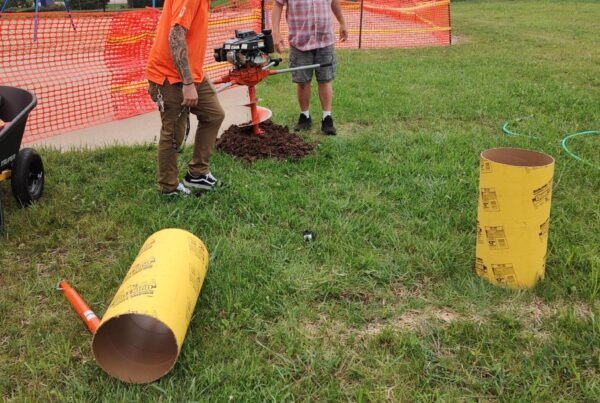Water Safety: Protecting Children with Autism This Summer
Derek Cortez, Ph.D., Chief Executive Officer
Splashing in the backyard pool, jumping into a lake, or heading to the local swimming facility are some of the great joys of summer during childhood. It’s a season filled with laughter, play, and learning new skills that can last a lifetime.
Swimming is not only fun—it’s healthy and a great confidence-builder. Many kids look forward to pool games with friends, family outings by the water, and even learning to dive or improve their strokes. It’s an exciting time of the year, and we encourage families to make the most of it!
But with all the fun comes a very important responsibility: safety. Drowning is one of the leading causes of accidental injury-related deaths among children, and many of these tragedies occur in familiar places like home pools or during routine play near water (“Water Safety: Drowning Prevention”, 2024).
For children and adolescents with autism, the risk is even greater. Research shows that they are three times more likely to drown. Drowning remains the leading cause of death for individuals with autism through age 14 (“Water & Wandering Program”, 2025).
Several factors contribute to this increased risk, including a tendency to wander or elope, limited awareness of water dangers, and limited access to swim instruction tailored to their needs.
Swimming lessons have been shown to improve not only swimming competency but also contribute to other physical improvements such as locomotor skills, gross motor skills, balance and sleeping habits.
Here are a few simple, life-saving reminders to help keep swimming both safe and enjoyable:
- Always supervise children around water, even if they know how to swim.
- Enroll your child in swimming lessons—learning to swim is one of the most effective ways to reduce drowning risk.
- Teach children to never swim alone and to stay within designated swimming areas.
- Use life jackets when boating or in open water, especially for younger or inexperienced swimmers.
- Ensure pools have proper barriers, covers, and alarms if you have one at home.
- Learn CPR. It can make the difference in an emergency.
One ongoing challenge for families is the lack of swim instructors trained to work with children with autism. If your local pool doesn’t have such instructors, consider advocating for autism-specific training opportunities for their staff.
Two recommended resources to explore:
- Swim Angelfish – This organization offers adaptive swim instruction for children with autism, ADHD, anxiety, and other physical or motor challenges. They provide online modules for families and instructors at swimangelfish.com.
- The Autism Society’s Safety on the Spectrum™ Water and Wandering Program – This program aims to prevent wandering-related incidents and increase water safety skills among individuals with autism. It also supports the development of an adaptive aquatics curriculum nationwide. Learn more at autismsociety.org.
With the right precautions in place, children of all abilities can enjoy all the benefits of swimming while staying safe. Let’s make this swim season one of growth, laughter, and safe memories.
References:
Autism Society. (2025, June 12). Water & Wandering Program. Autism Society. https://autismsociety.org/water-and-wandering/
National Autism Association. (2024, May). Water Safety: Drowning Prevention. National Autism Association. https://nationalautismassociation.org/watersafety/
National Autism Association. (2011). Autism & Safety Facts. National Autism Association. https://nationalautismassociation.org/resources/autism-safety-facts/
Dr. Derek Cortez has been the CEO of Chileda since 2017. He holds a Ph.D. in Communication Studies from the University of Texas, Austin, and has an extensive professional background that includes academia, public speaking and senior leadership roles in non-profit organizations. Dr. Cortez is dedicated to advancing support for individuals with cognitive and behavioral challenges and, since his time at Chileda, has been instrumental in championing various organizational initiatives centered around autism awareness and education.
*The information provided on this blog is for general informational purposes only and does not constitute medical or professional advice. Chileda, Inc. strives for accuracy but is not responsible for errors or omissions. Chileda Inc. disclaims any liability for any losses or damages arising from the use of this blog site.



